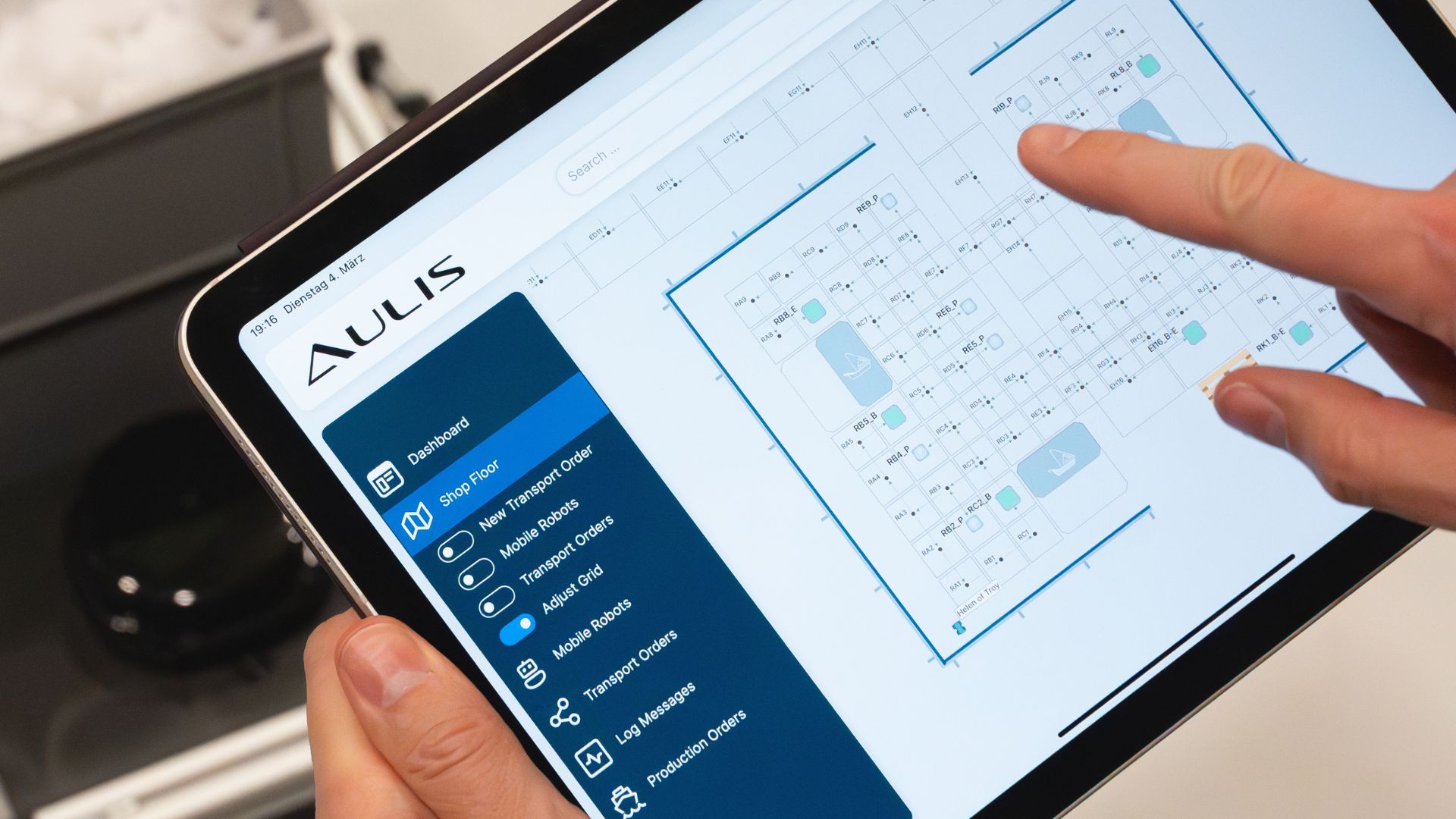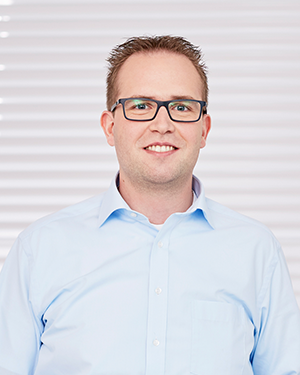How a modular operating system controls autonomous robot fleets − and companies regain their sovereignty.
The world of logistics is changing. Autonomous mobile robots (AMR) and automated guided vehicles (AGVs) are increasingly conquering the intralogistics halls. However, as diversity and complexity increase, so does the need for intelligent, flexible fleet management − one that not only works across manufacturers, but is open, modular and future viable. This is precisely where ”Aulis” comes in. A system that not only orchestrates processes, but also creates new degrees of freedom for companies.
”We wanted to develop a system that is not dependent on one manufacturer or proprietary standards − but one that is open, adaptable and at the same time technologically leading,” says Dr. Peter Detzner from Fraunhofer IML. Aulis is exactly that: a modular, agent-based operating system that raises the internal material flow to a new level.
 Fraunhofer Institute for Material Flow and Logistics IML
Fraunhofer Institute for Material Flow and Logistics IML


